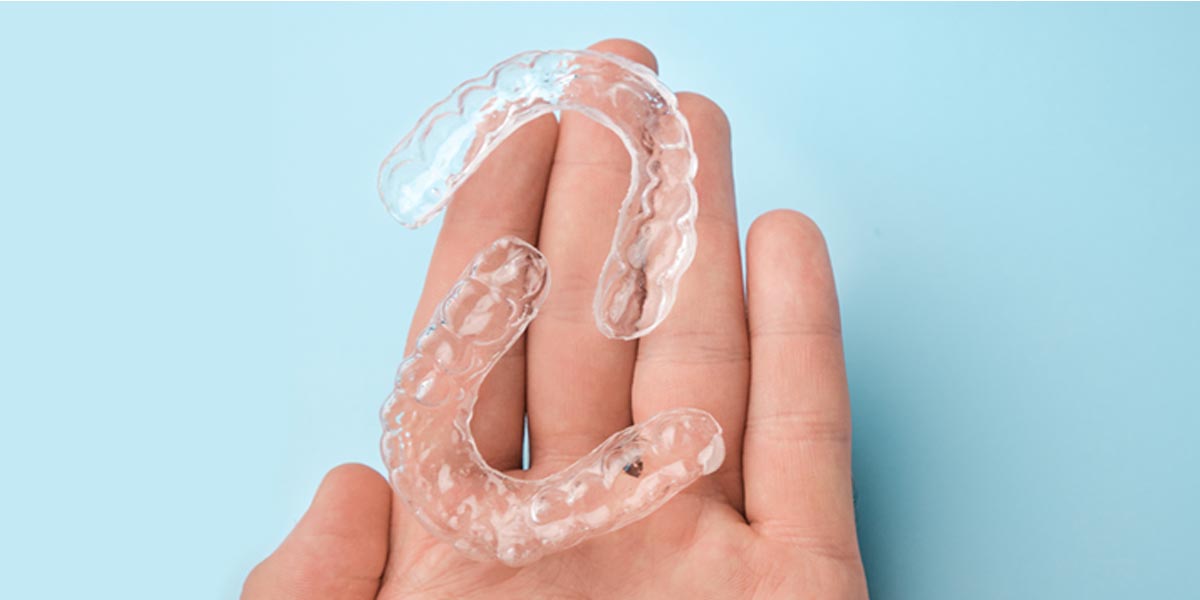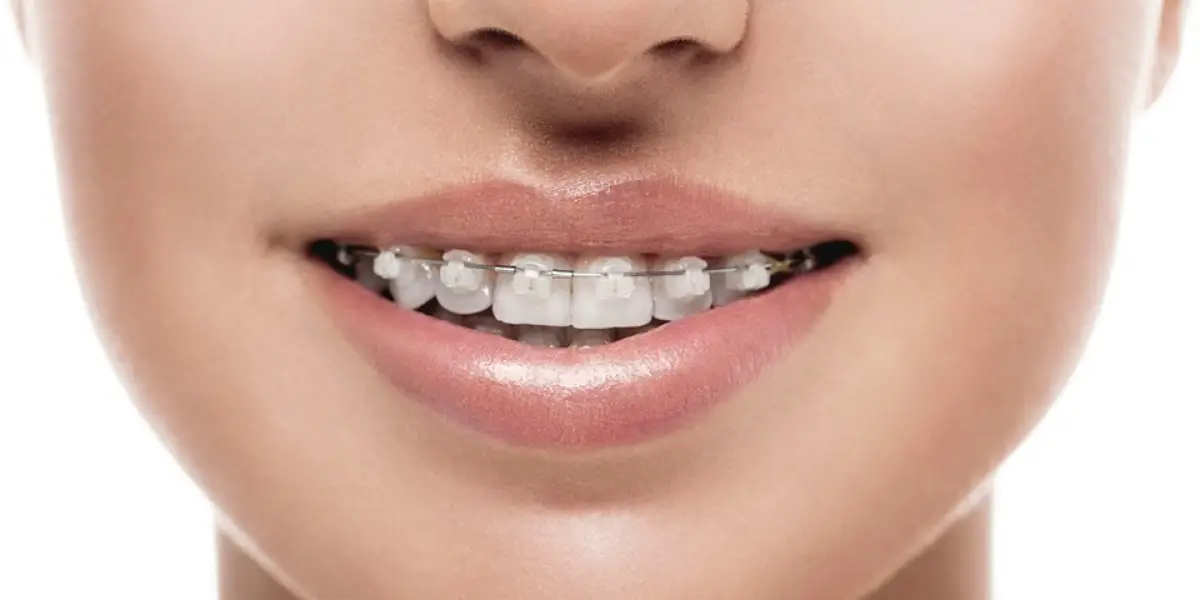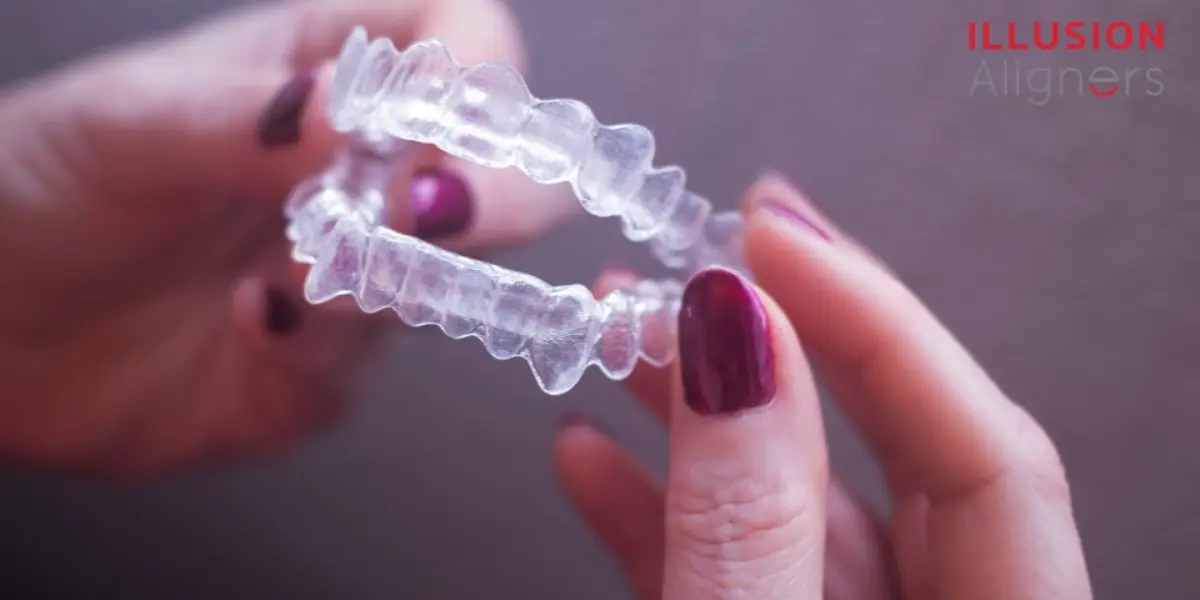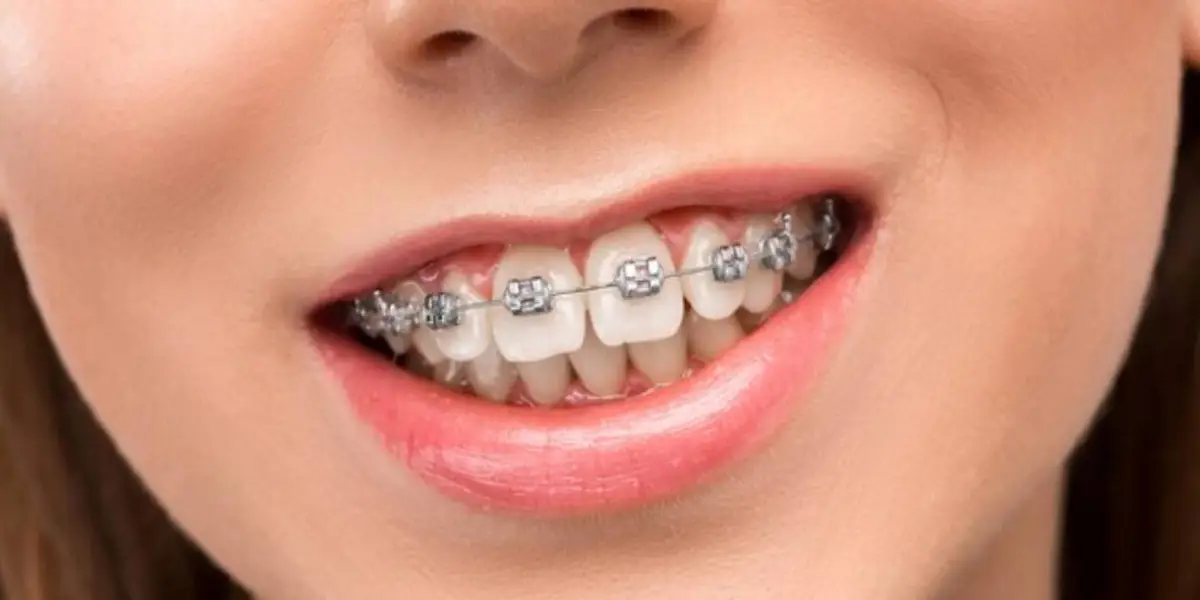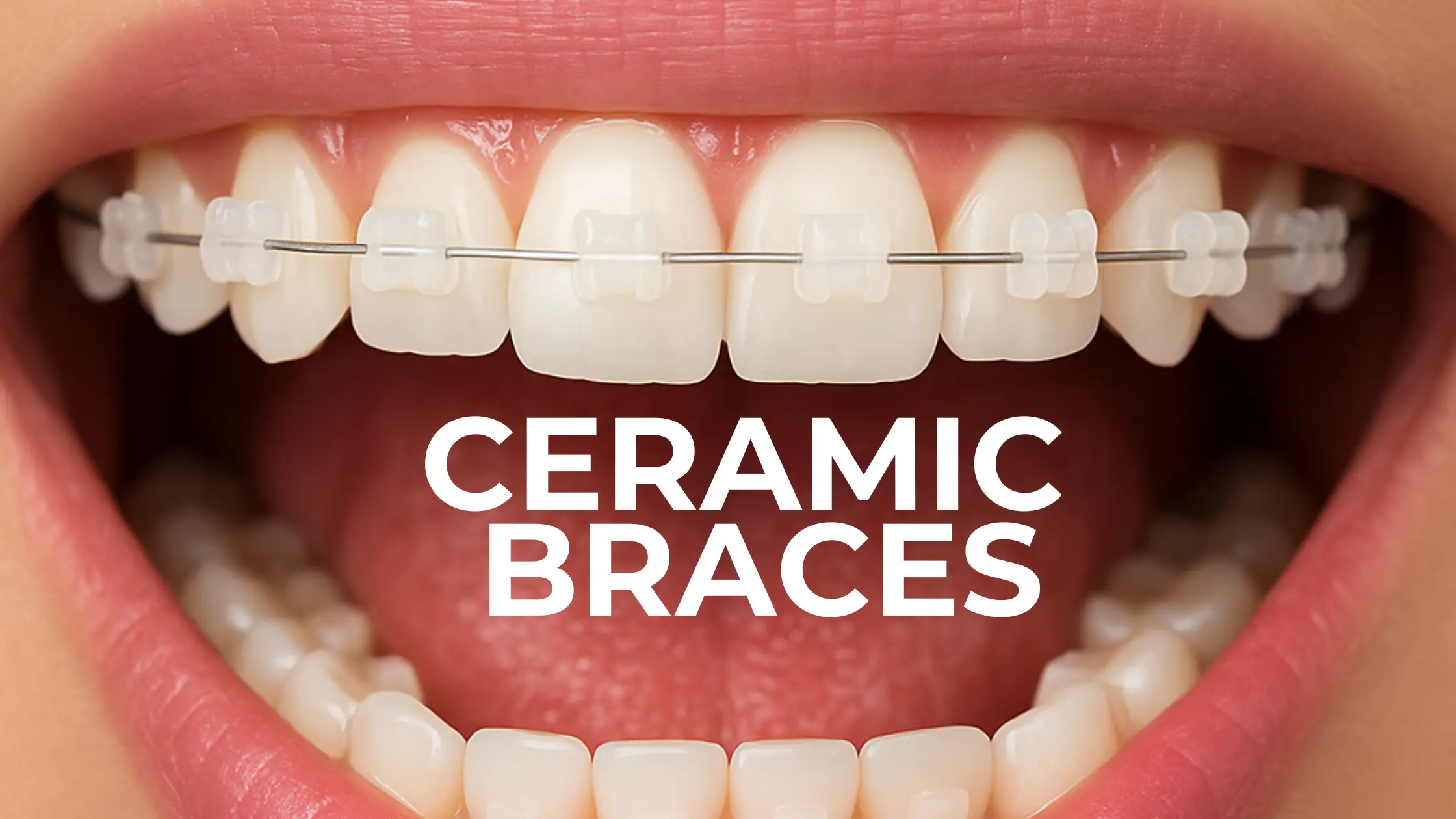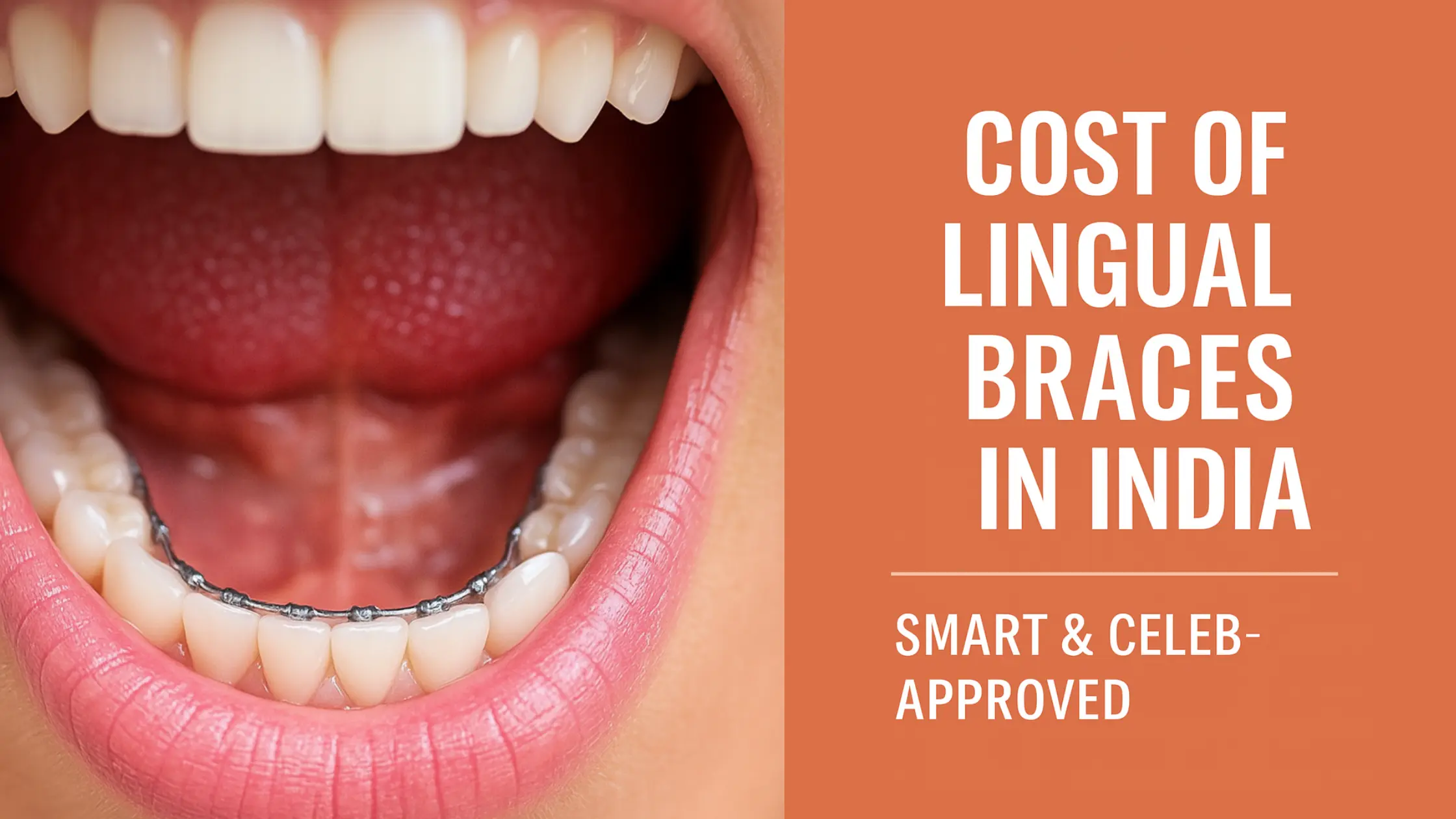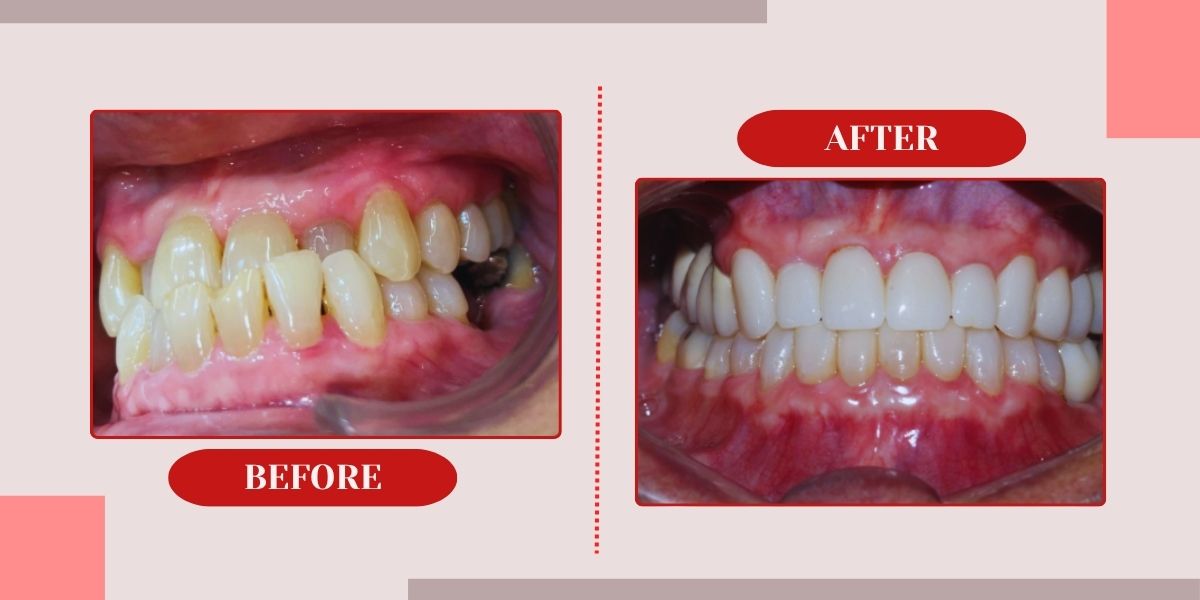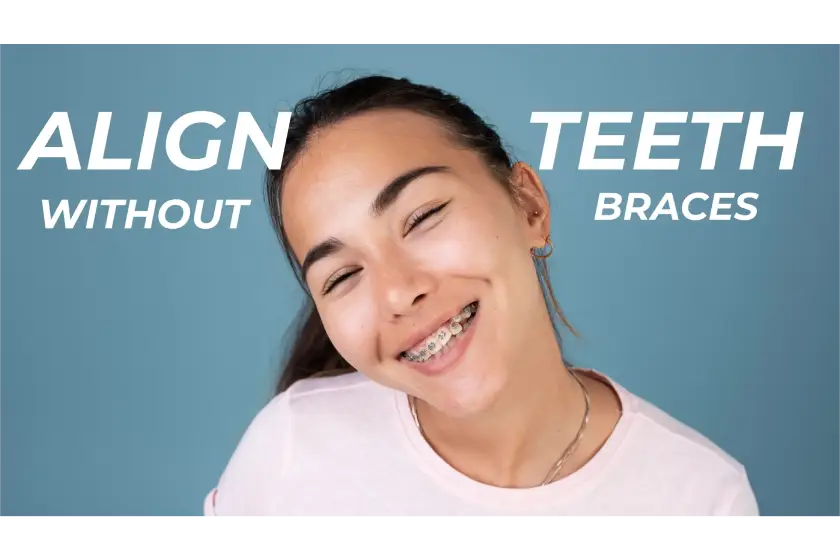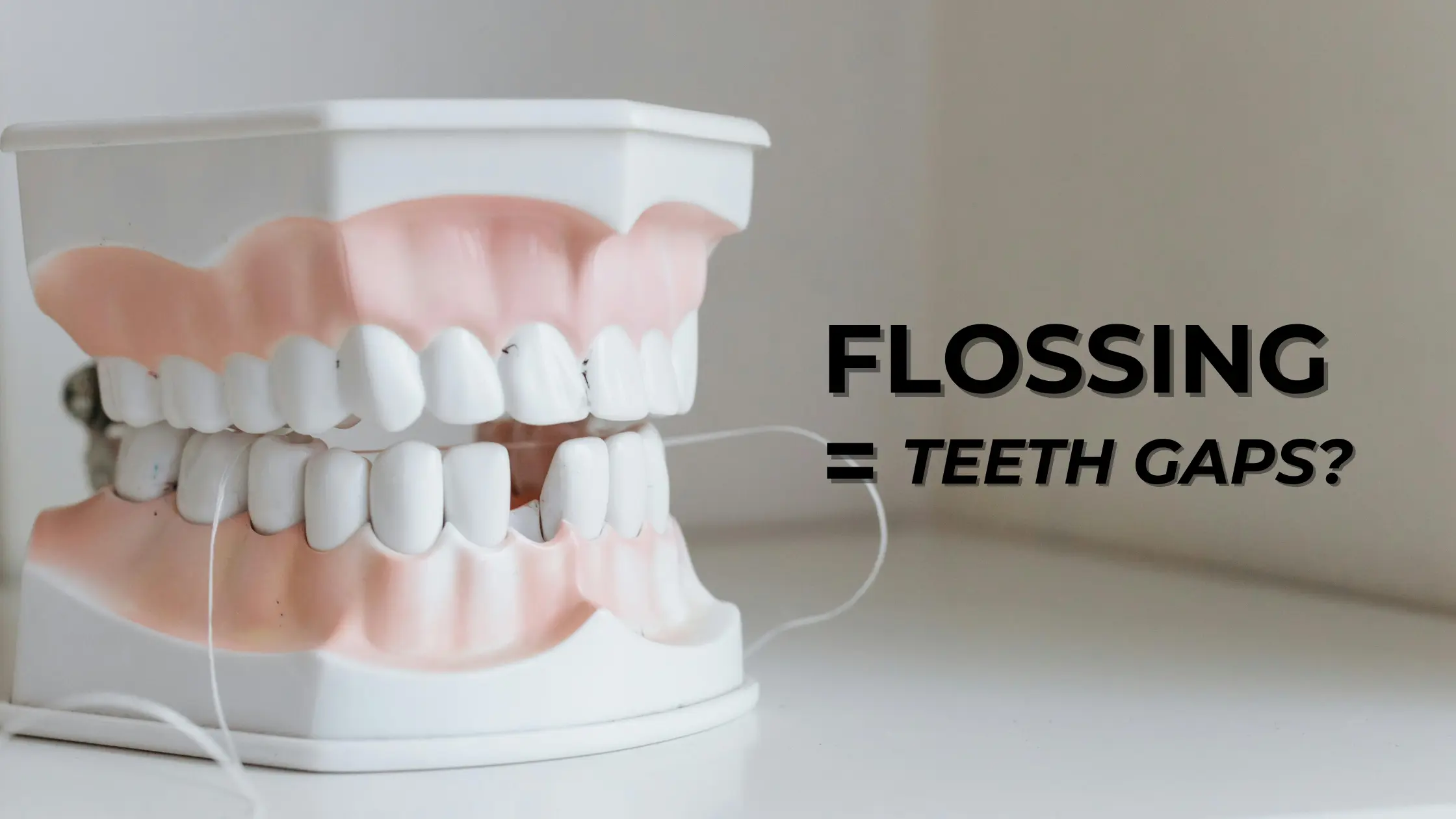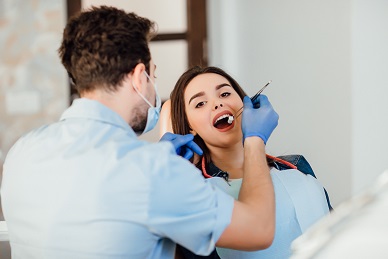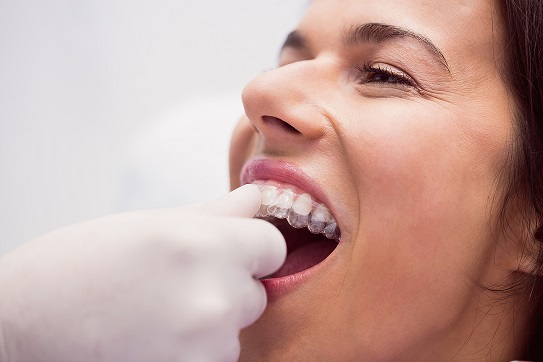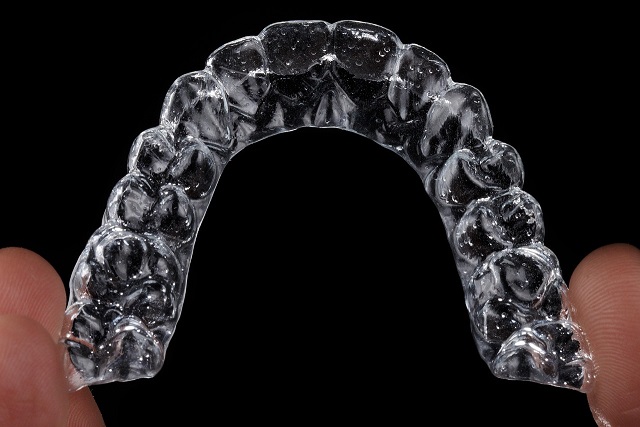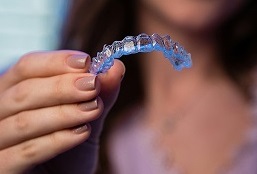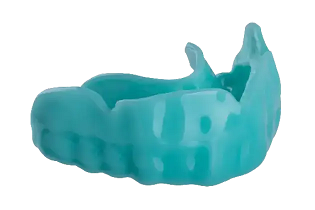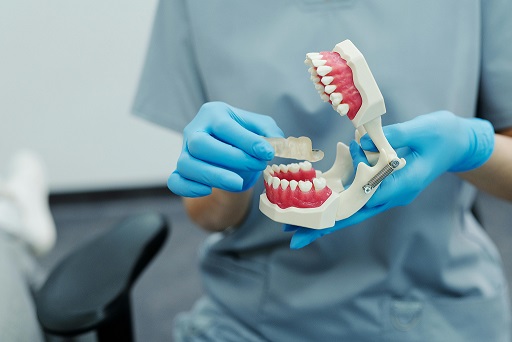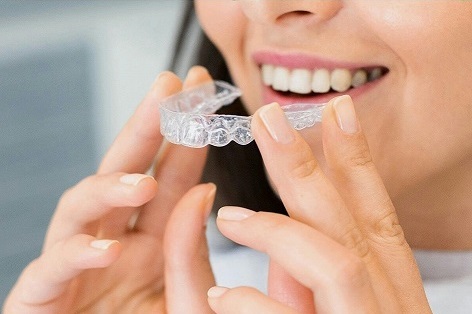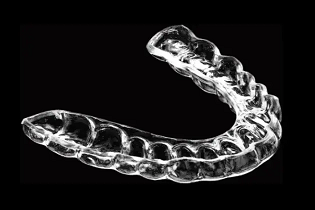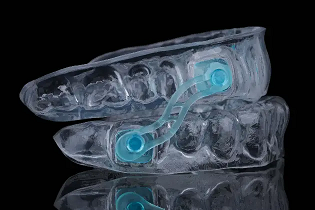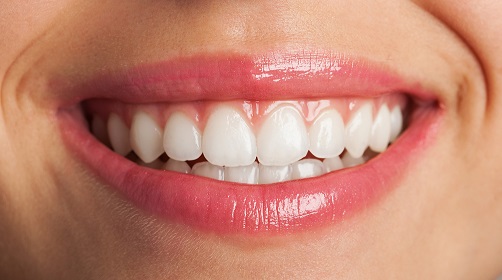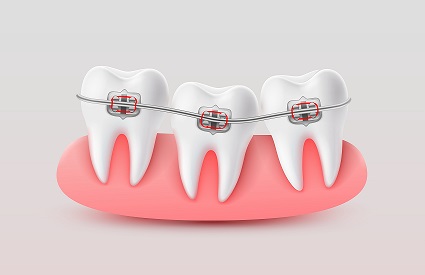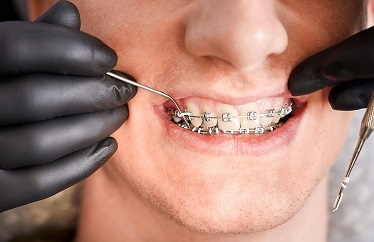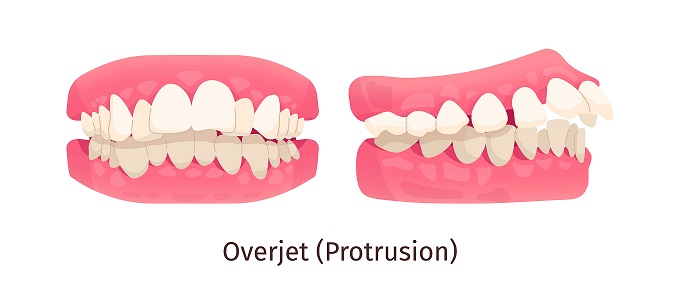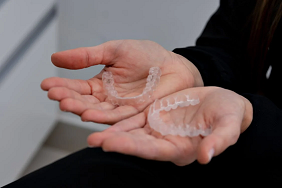
Publish on May 26, 2025
How To Take Care Of Your Clear Teeth Aligners?
Clear teeth aligners are the plastic trays given by your dentist to straighten your crooked teeth.
They are the orthodontic devices used by your dentist.
The main aspects of taking care of your Clear teeth aligners will be:
- How do you clean them
- How do you store them
- How do you soak them
- Your regular oral hygiene with them
- How do you maintain them
In this guide, we’ll walk you through the key aspects of taking care of your teeth aligners, including how to clean, store, soak, and maintain them.
1. How to keep your Clear Aligners clean?
To Do:
Use a soft-bristle toothbrush:
You can slowly brush your aligners using a toothbrush with soft bristles. This helps prevent scratching and makes sure that you’re cleaning them through and through without damaging the material.
Gentle toothpaste:
You should always go for very light, very mild toothpaste when cleaning your aligner. Whitening agents should be avoided as they can act as hard agents and may cause damage to the surface of your trays.
Clean them with water:
This removes any leftover toothpaste and makes sure that there is no residue that could cause discomfort.
Not To Do:
Don’t use hard-bristle brushes:
These can scratch the surface of your aligners, which might alter the appearance and the treatment.
Don’t use hard agent toothpaste:
Toothpaste with gritty particles can scratch and dull the plastic which may lead to a cloudy appearance and affect how well it fits.
2. How to Store Your Clear Aligners
To Do:
Use the provided aligner case:
Your dentist will give you a small aligner case to store your aligners when they’re not in use. Always keep them in this case whenever you remove them, whether for meals, brushing, or any other reason. This will protect them from dirt, germs, and damage.
Keep them in a cool place:
Heat and sunlight can cause the plastic to change shape, which could affect the fit.
Not To Do:
Don’t leave them open:
They might get dirty and in the worst-case scenario they might even get damaged.
Avoid heat and sunlight:
You should always make sure they’re not left in places that get too hot, like a car or near a heater as it can alter their shape.
3. How to Soak Your Clear Aligners
To Do:
Use the soaking solution given by your dentist:
Your dentist might provide a specific cleaning solution for your aligners, or they may recommend a gentle cleaner that is safe for the material. These solutions help sanitize your aligners without damaging them.
Follow your dentist’s advice:
Always follow the guidance of your dentist when it comes to soaking times and methods.
Not To Do:
Don’t use strong chemicals:
Never soak your aligners in harsh chemicals or cleaning solutions that are not designed for orthodontic devices.
Don’t soak for too long:
Oversoaking can also lead to damage. Always follow the recommended soaking time provided by your dentist.
4. Maintain Your Oral Hygiene
To Do:
Brush twice a day:
Make sure to brush your teeth at least twice a day, mostly after meals. This will help prevent plaque buildup and keep your aligners from becoming contaminated with food particles and bacteria.
Floss regularly:
Flossing after meals helps keep your teeth and gums healthy and prevents food from getting stuck between your aligners.
Use mouthwash:
Rinse with mouthwash to further prevent bacteria buildup, keeping both your teeth and aligners fresh.
Not To Do:
- Brushing them while they’re in place could lead to wear and tear.
5. How to Maintain Your Clear Aligners for Long-term Use
To Do:
Take them out when eating or drinking:
The food particles can get stuck in your clear which can lead to bacteria buildup or the drinks like coffee or soda can leave stains on them.
Never chew gum:
Chewing gum can stick to your aligners, making it difficult to clean them properly. It’s best to avoid gum altogether while wearing your aligners.
Get regular checkups:
Keep up with your dental visits and follow your dentist’s treatment plan. If your aligners aren’t fitting in the proper manner or are showing signs of wear, they may need to be replaced or adjusted.
Not To Do:
Don’t wear them too loose:
If your aligners don’t fit properly, they won’t be effective. If you notice discomfort or a poor fit, let your dentist know so they can make adjustments according to them.
Conclusion
The first and most important step to get the best results with your teeth aligners, and orthodontic treatment is to take care of your teeth aligners. By following these simple steps like cleaning, storing, soaking, and maintaining your aligners correctly. By this you will do two things, first, you will make sure that your treatment progress is going smoothly and second you will also protect the investment in your smile. Regular checkups with your dentist will keep you on track and ensure that your aligners are doing their job in the most effective way possible. You will be on your way to a perfectly aligned smile if you remember all the tips given above.
Medically Reviewed By Dr Jaineel Parekh, MDS orthodontics
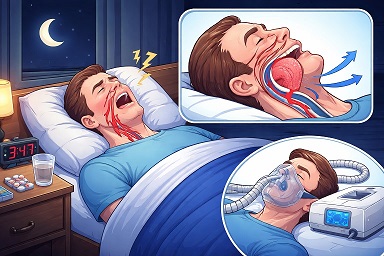
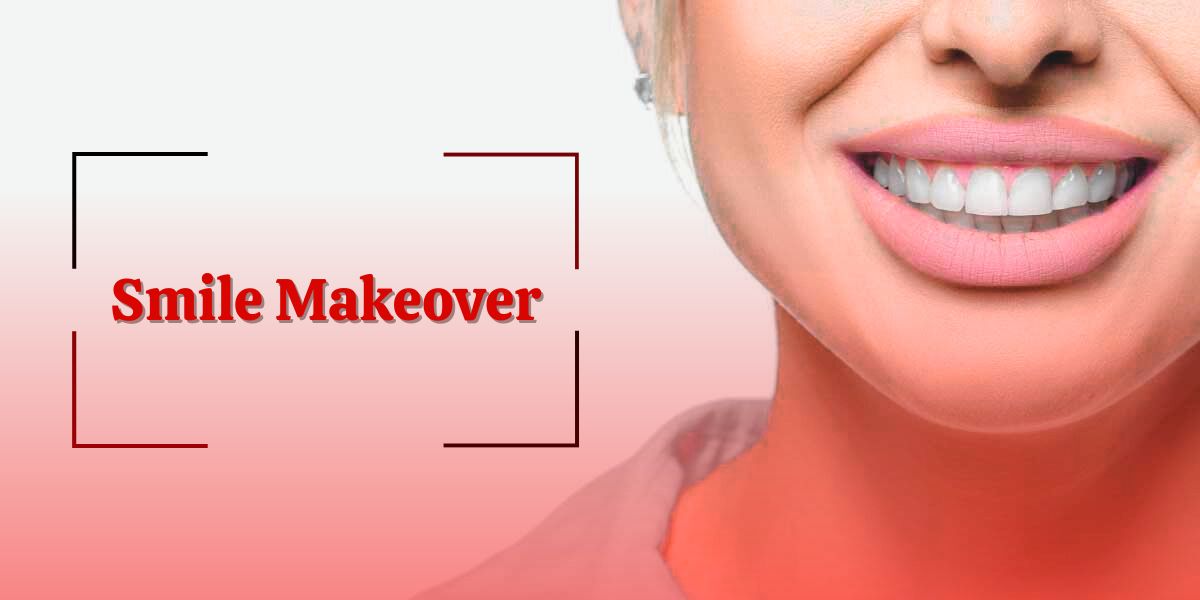
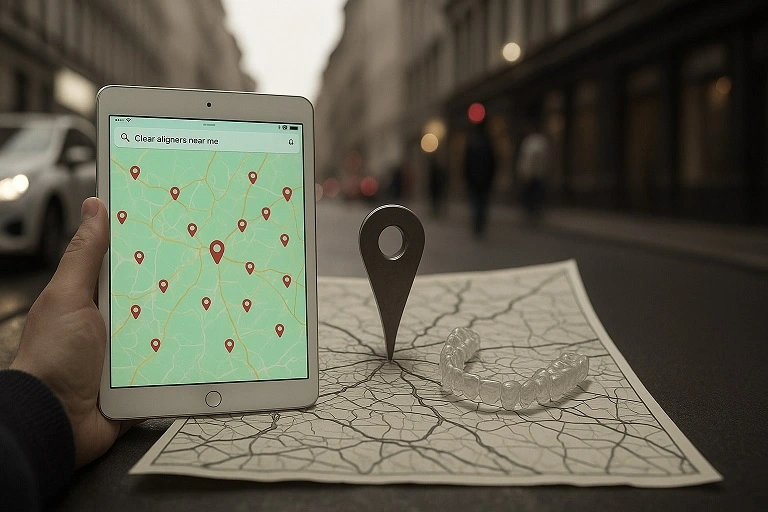
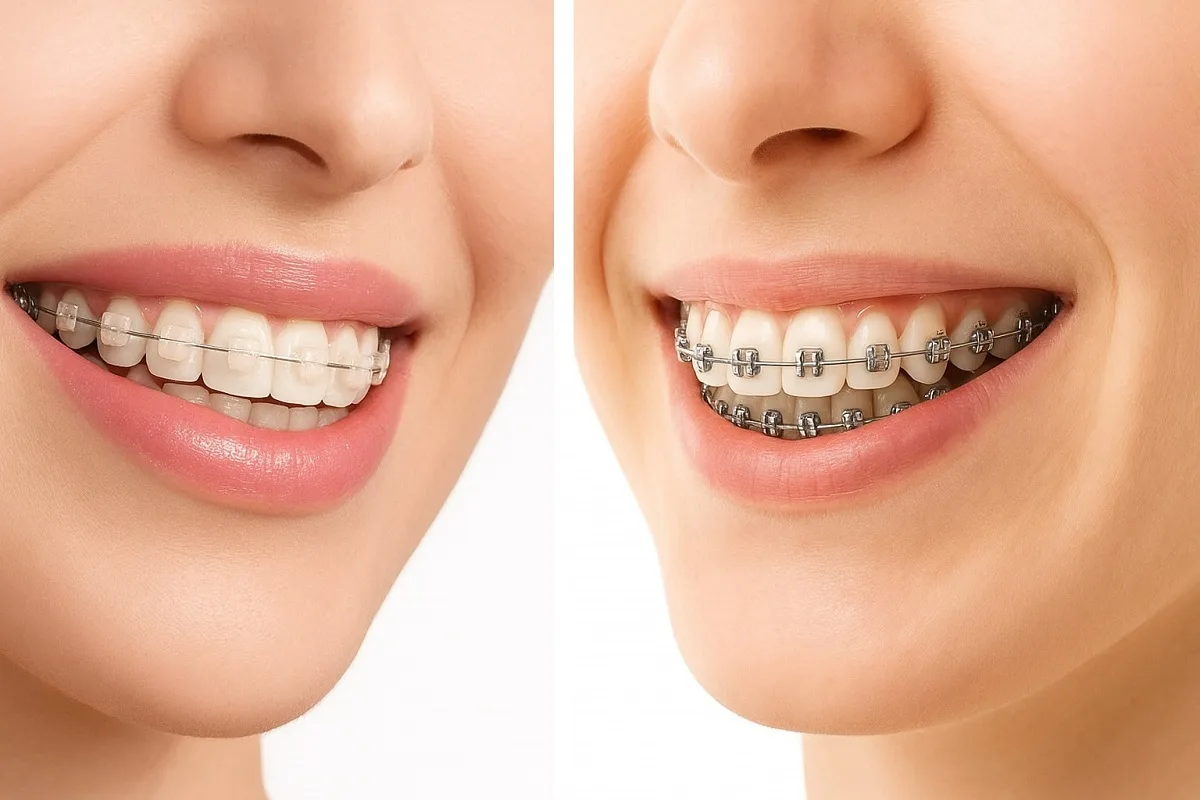
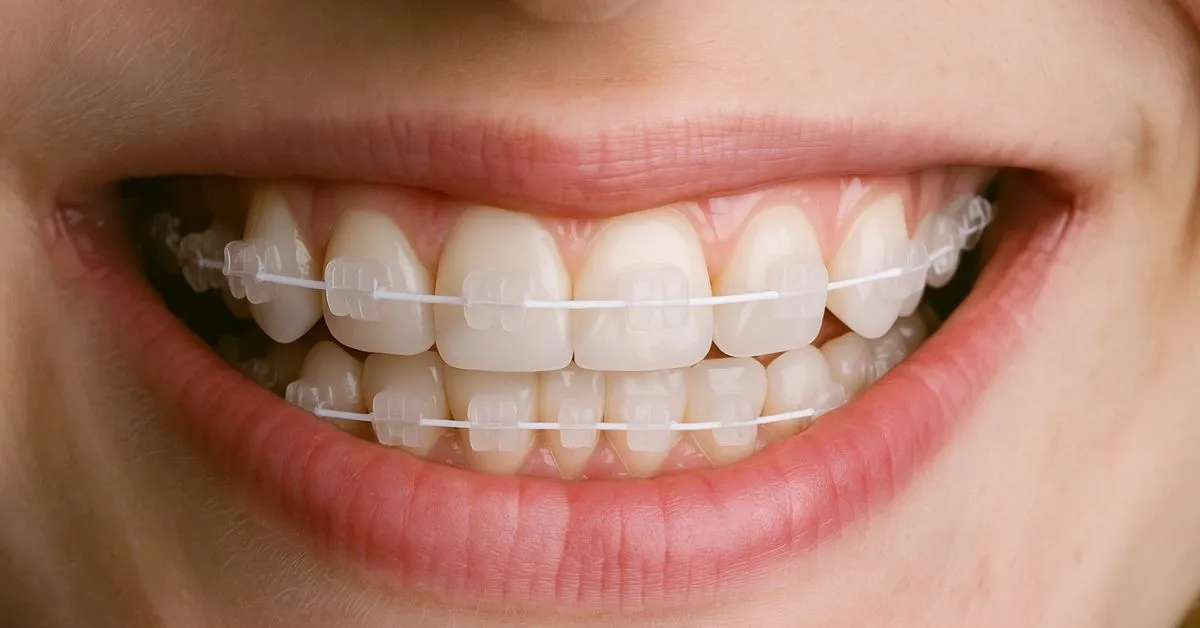
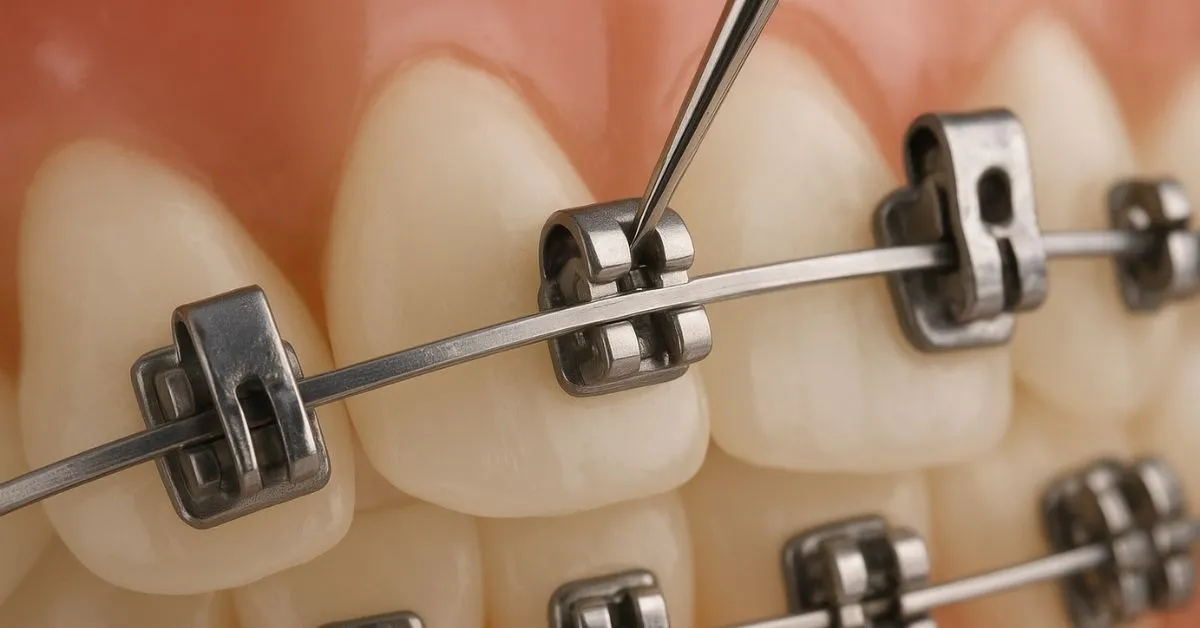
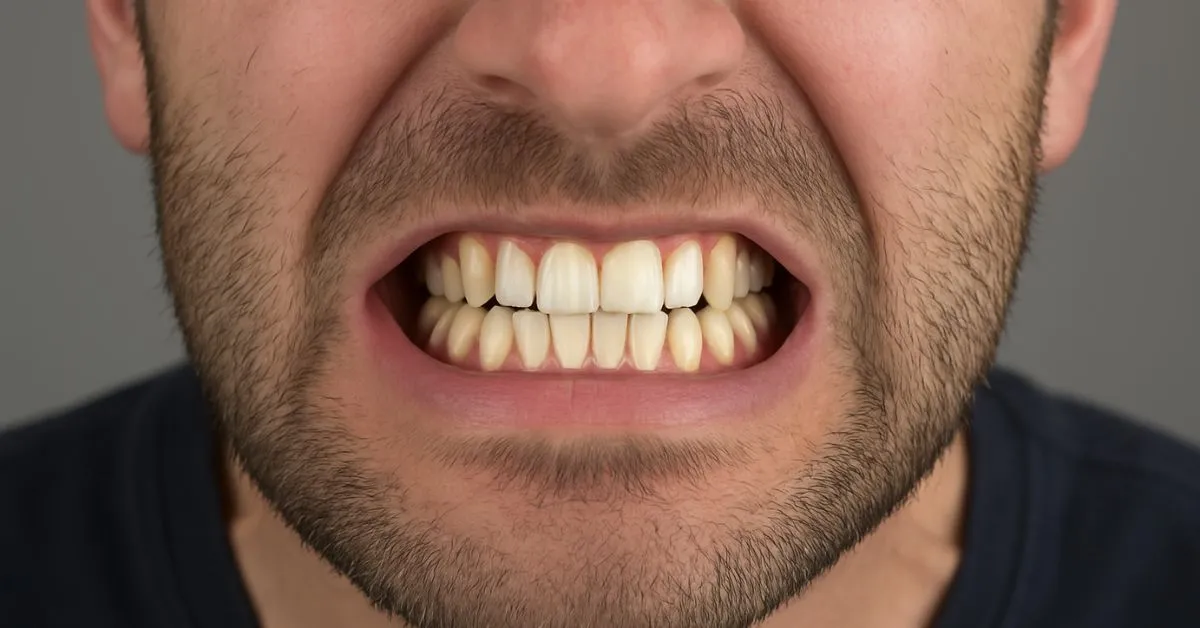
.webp
)
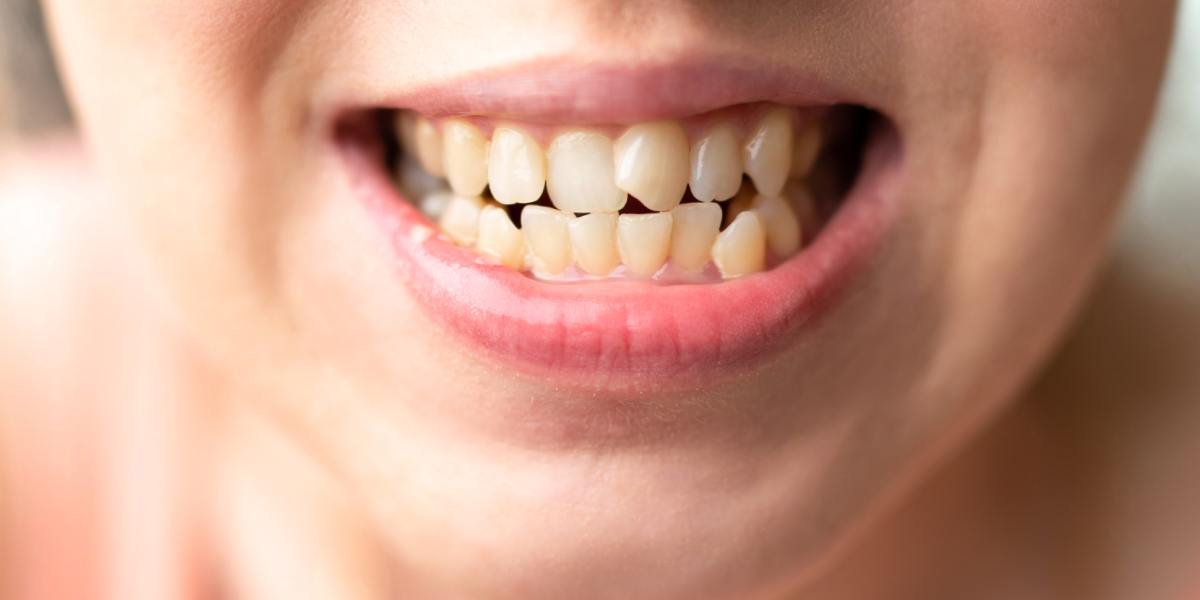
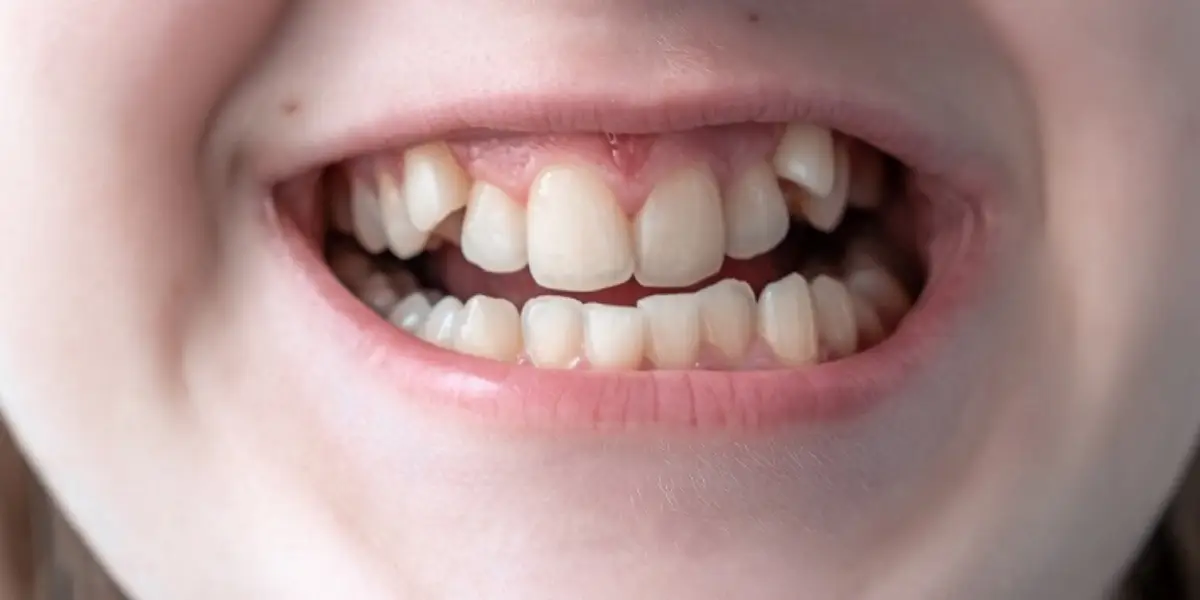
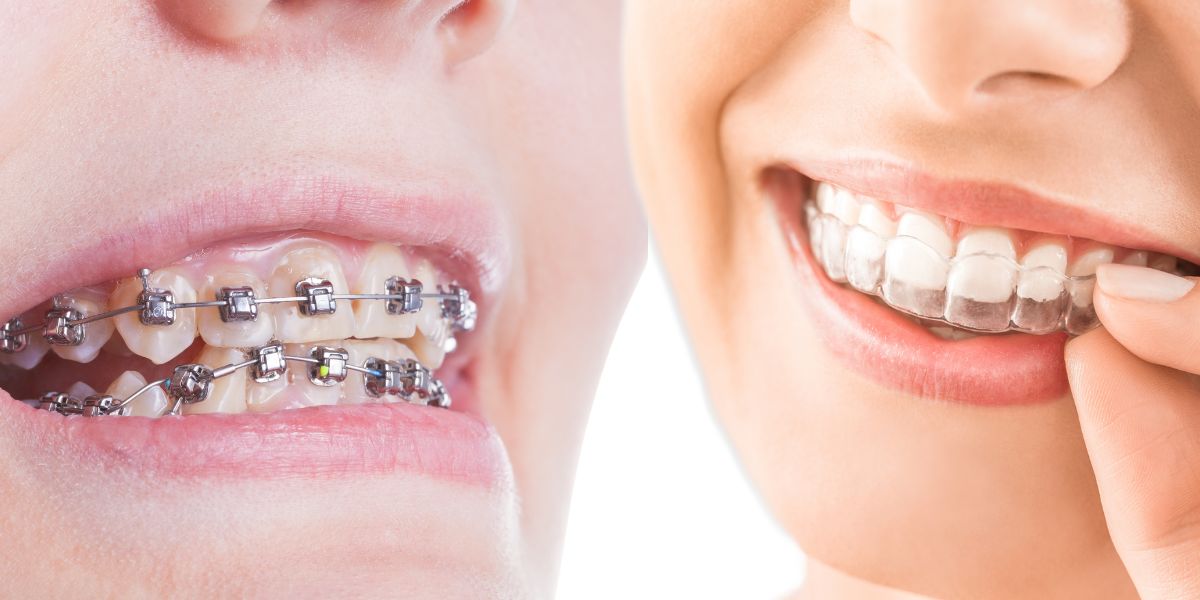
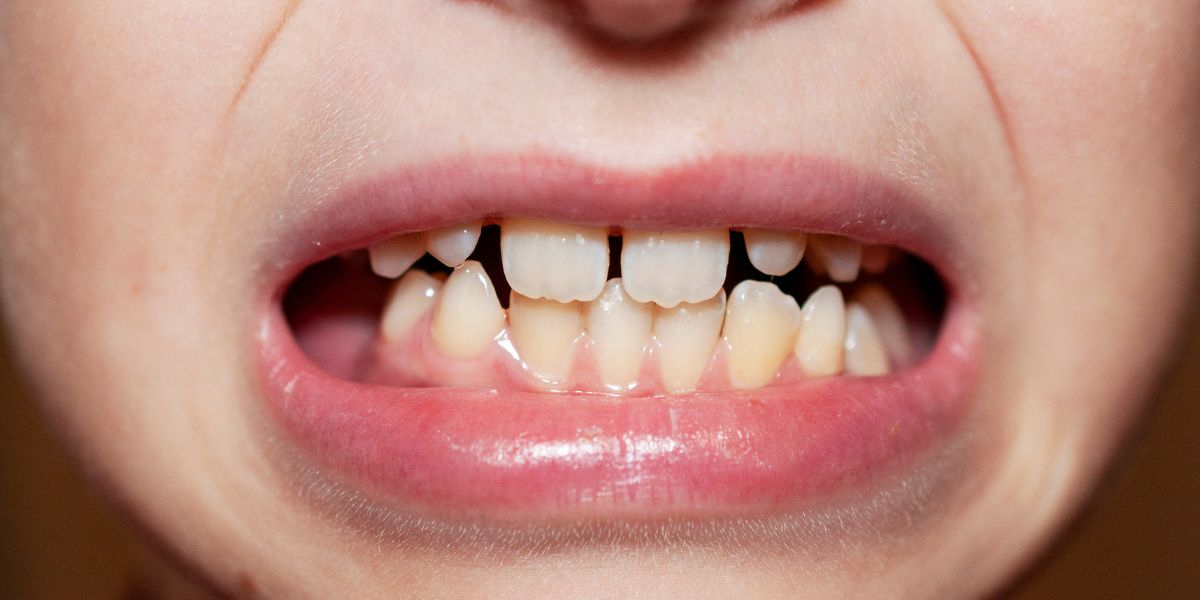
.jpg)
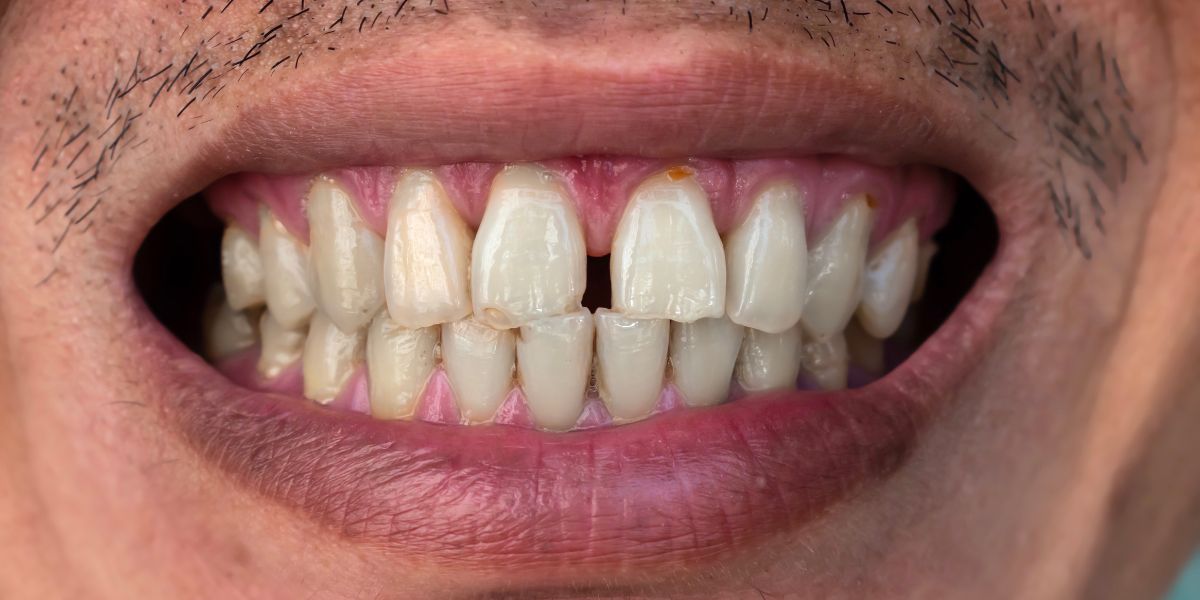
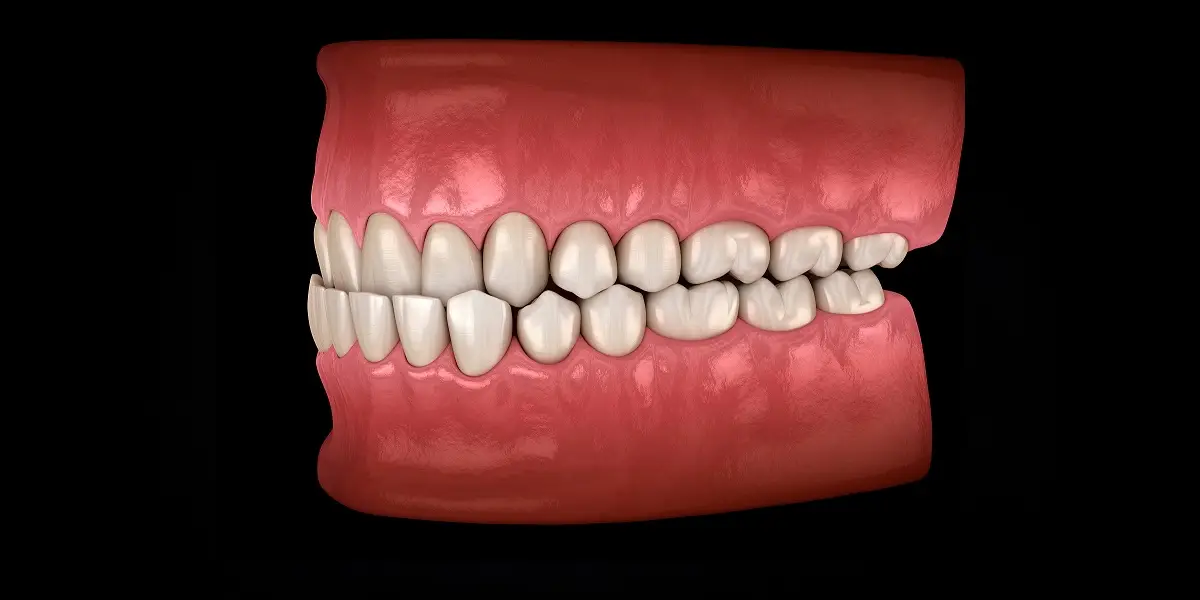
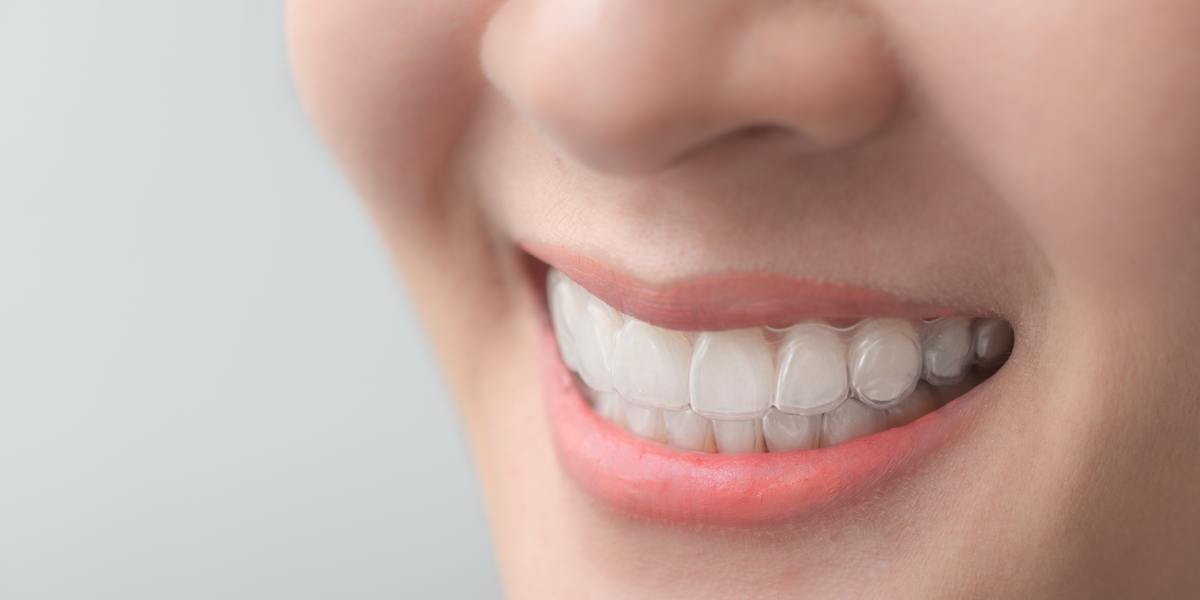

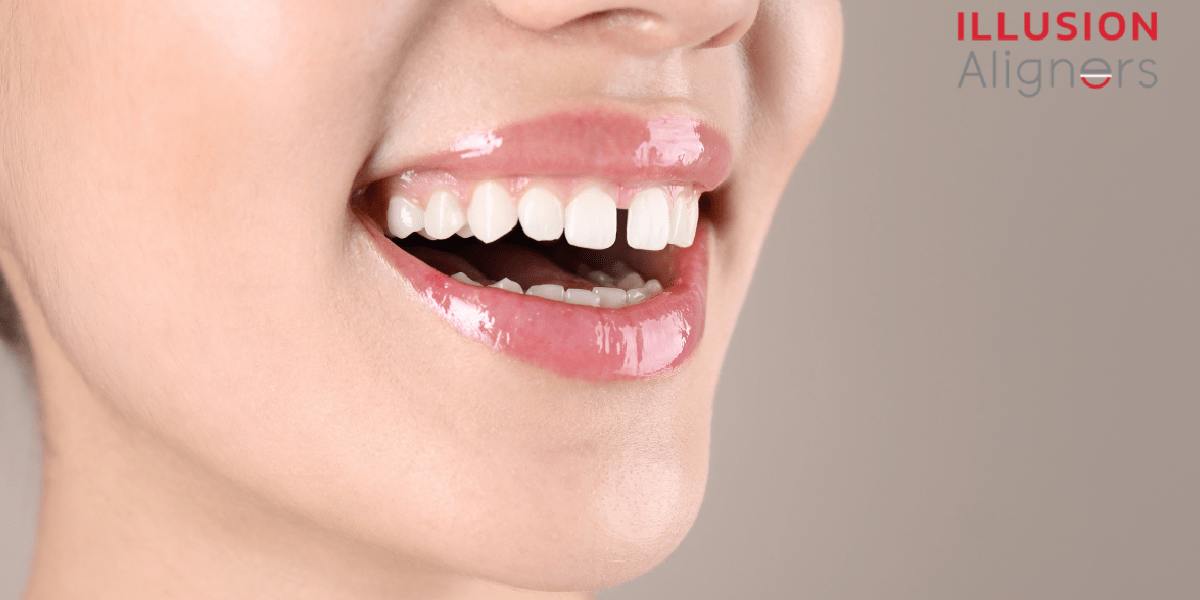
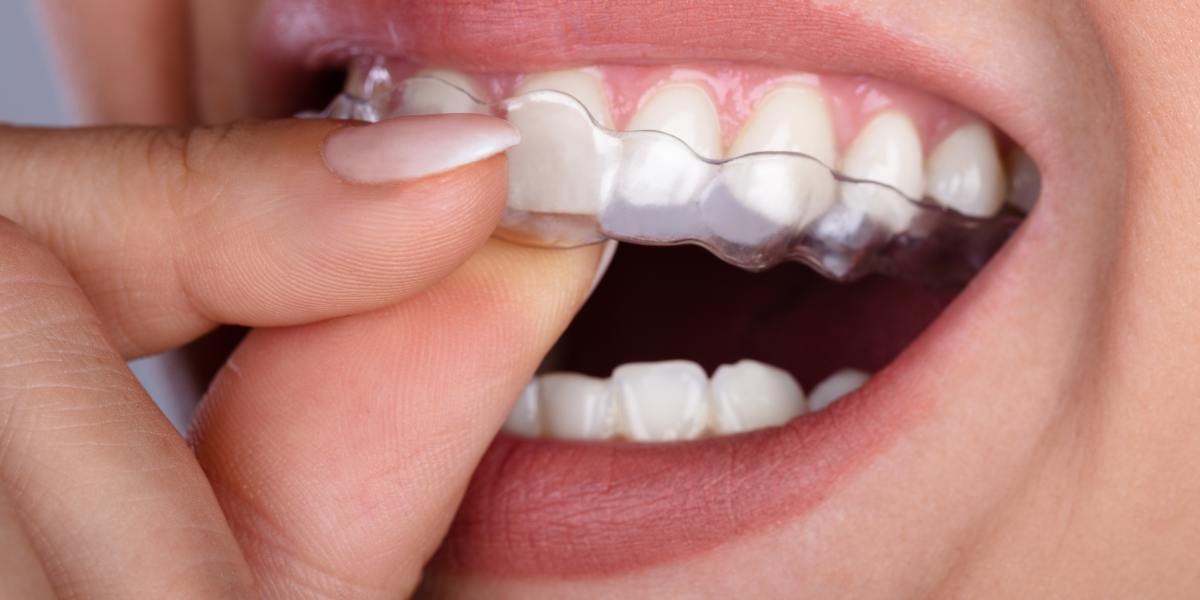
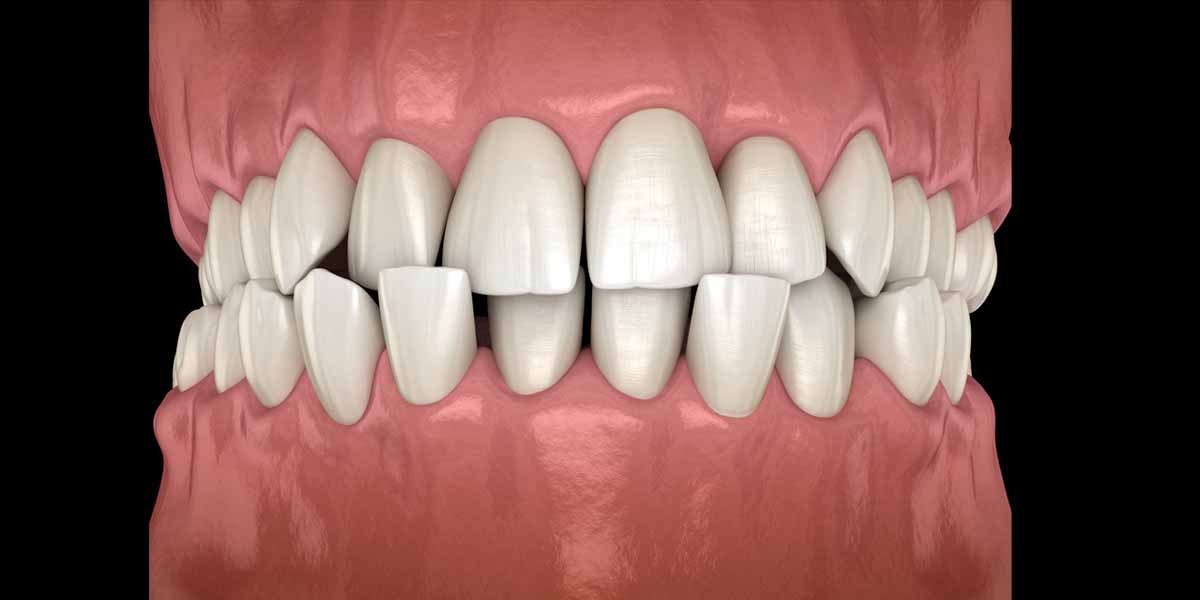
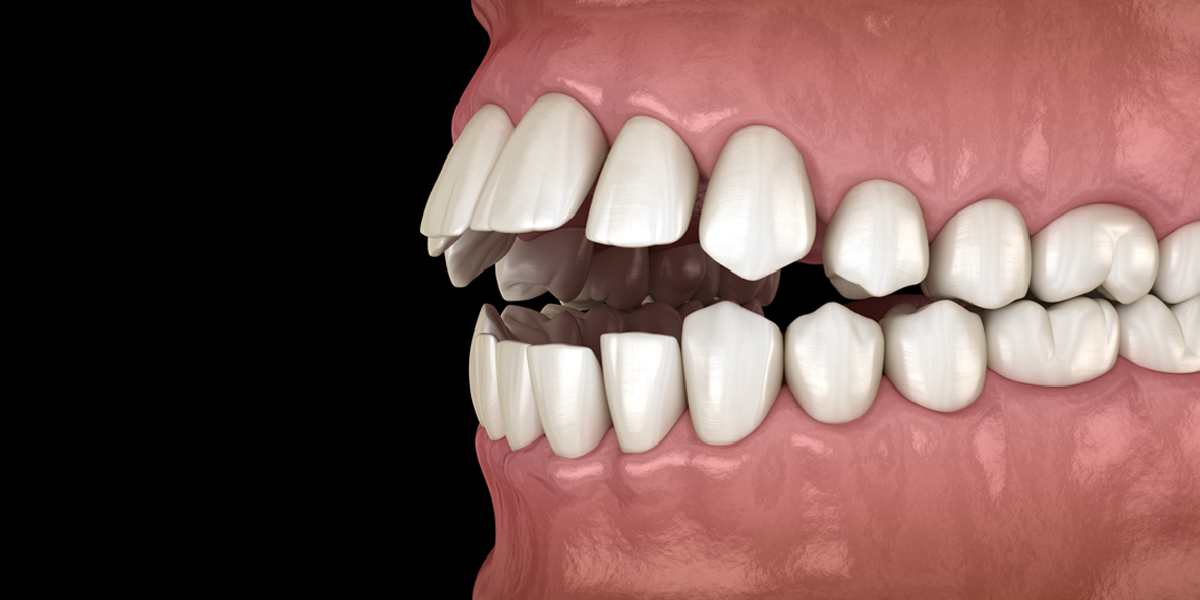
2.jpg)
